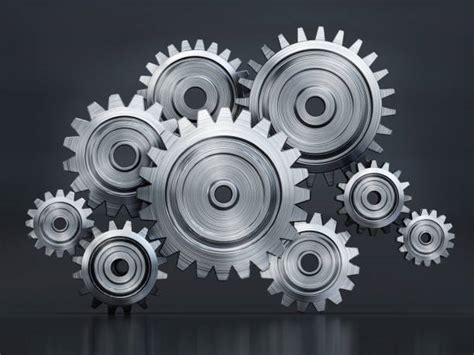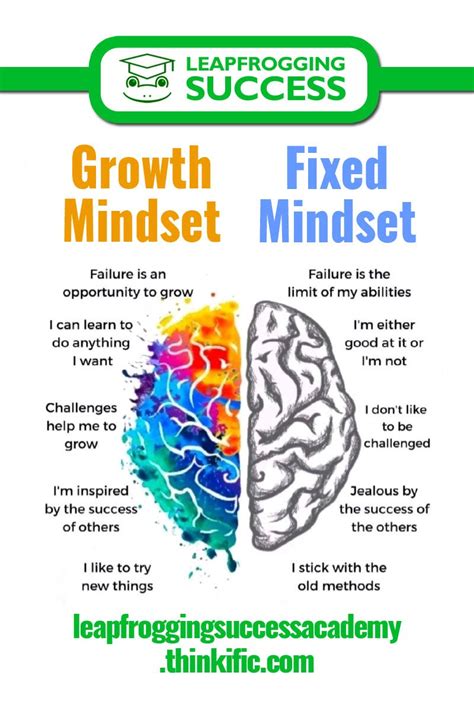For many men, the pursuit of consistent fitness and financial discipline often feels like an uphill battle. We set ambitious goals, start strong, but frequently find ourselves falling off track. Is it a lack of willpower? A flaw in our character? Or is there a deeper, more fundamental shift in perspective that unlocks sustained success in these critical areas?
The Interconnectedness of Self-Discipline
On the surface, managing gym routines and balancing budgets seem like disparate challenges. One targets physical well-being, the other economic security. However, the psychological engines driving consistent effort in both domains are remarkably similar. Both demand foresight, delayed gratification, and the ability to choose long-term gains over short-term pleasures. The man who consistently skips the gym for immediate comfort often struggles to resist impulsive spending that compromises his future financial health. A unified approach, rooted in a powerful mindset shift, is the key to mastering both.
From Instant Gratification to Long-Term Vision
One of the most profound shifts required is moving away from a default setting of instant gratification. Modern society constantly nudges us towards immediate rewards: fast food, quick entertainment, instant purchases. For a man to achieve lasting fitness and financial prowess, he must consciously reorient his mind towards a future-focused perspective. This means understanding that the burning muscles today lead to a healthier, more capable body tomorrow, and the disciplined savings today build a stronger, more secure financial future. It’s about cultivating the patience to sow now and reap later, trusting in the compound effect of small, consistent efforts.

Embracing Discomfort as a Pathway to Growth
Another crucial mindset shift involves redefining our relationship with discomfort. Whether it’s the burning sensation during the last rep, the hunger pangs while sticking to a caloric deficit, or the initial unease of saying “no” to an unnecessary expense, discomfort is an unavoidable part of growth. Instead of avoiding it, men who achieve high levels of discipline learn to embrace it. They see discomfort not as a sign to stop, but as a signal that progress is being made, that old limits are being challenged, and that new strength – physical or financial – is being forged. This reframe transforms perceived obstacles into opportunities for resilience and development.

Cultivating an Identity of Discipline and Ownership
Perhaps the most powerful shift is from merely doing disciplined acts to becoming a disciplined person. It’s the difference between “I should go to the gym” and “I am a man who prioritizes his physical health.” Or “I should save money” versus “I am a financially responsible individual.” This identity-based approach grounds habits in a deeper sense of self. When discipline becomes an integral part of one’s identity, choices align naturally. It’s no longer about exerting willpower against a conflicting desire; it’s about acting in accordance with who you believe yourself to be. This ownership fosters intrinsic motivation that external rewards can’t match.

The Power of Systems and Consistent Small Wins
While mindset provides the fuel, effective systems provide the engine. The disciplined man understands that consistency isn’t about monumental efforts, but about small, repeatable actions. This involves setting up routines – scheduled workouts, automated savings transfers, meal prepping – that minimize decision fatigue and maximize adherence. The mindset shift here is from relying on sporadic motivation to building robust systems that make the desired behavior the easiest path. Each small win, whether hitting a new personal best or seeing your savings grow, reinforces the positive feedback loop and strengthens the underlying mindset.

Conclusion: The Integrated Man’s Advantage
The mindset shift driving consistent fitness and financial discipline for men isn’t a single epiphany, but a collection of interconnected perspectives. It’s moving from instant gratification to long-term vision, from avoiding discomfort to embracing it as a growth signal, and from merely performing tasks to embodying an identity of self-ownership and responsibility. By cultivating these powerful internal frameworks, men can transcend the common struggles, building not just stronger bodies and bigger bank accounts, but a more integrated, resilient, and empowered self capable of sustained success in all areas of life.





